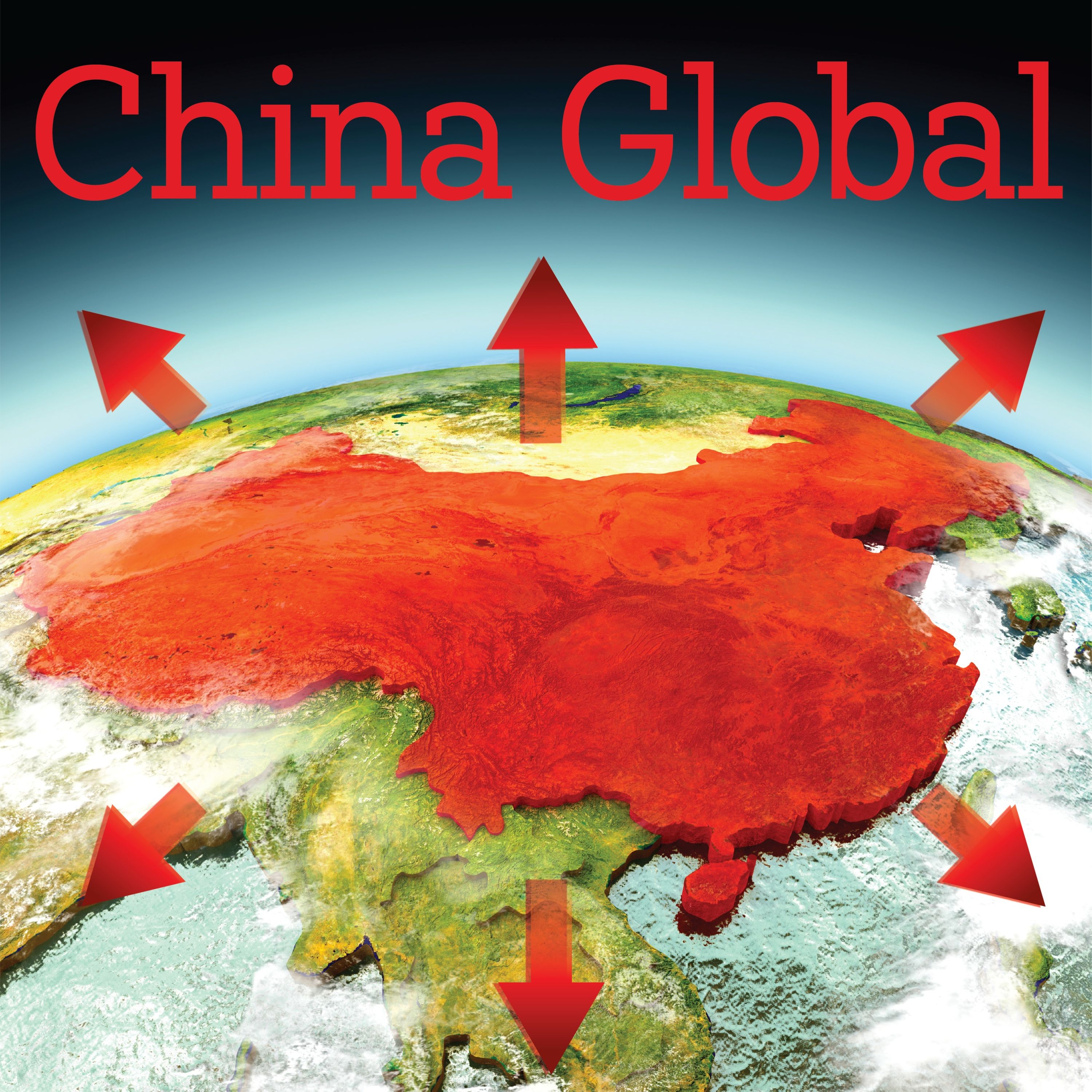
Deep Dive
- Quantum computing harnesses quantum mechanics to solve complex problems beyond classical computers' capabilities.
- It leverages superposition and entanglement for unparalleled speed and processing power.
- Its applications span various fields, from defense to medicine, impacting national economic and military power.
Shownotes Transcript
Quantum computing uses quantum mechanics to perform fast and complex calculations. It is often defined as a disruptive technology and is among the advanced technologies at the forefront of US-China competition. Although the US has been in the lead in the development and applications of quantum technology, China is making rapid strides. Earlier this year, China’s independently developed quantum computer, Origin Wukong, named after the Monkey King (a famous character from Chinese mythology) made the country the third in the world to develop this state-of-the-art machine.
Quantum computing has many potential applications, including financial modeling, artificial intelligence, scientific research, as well as in defense areas, such as undersea warfare and military communications networks. A new report from the Center for a New American Security (CNAS), titled “The Quest for Qubits: Assessing U.S.-China Competition in Quantum Computing” explains the quantum strategies being pursued by the US and China. It makes recommendations for the US to strengthen its position in its competition with China in quantum computing.
Host Bonnie Glaser is joined by the report’s author, Sam Howell, an adjunct associate fellow, with the Technology and National Security program at CNAS. Her research interests include quantum information science, semi-conductor STEM workforce issues, and the use of emerging technologies to enhance human performance.
Timestamps
[02:00] What is quantum computing?
[04:10] Quantum Computing in US-China Competition
[05:58] American and Chinese Strengths and Weaknesses
[09:36] Possibility of Working with Other Actors
[11:56] Status of US-China Scientific Collaboration
[14:30] Chinese Technological Self-Sufficiency
[17:58] Building a Quantum Technology Supply Chain
[22:05] Fostering a Quantum Technology Workforce
[25:52] Key Variables of US-China Competition